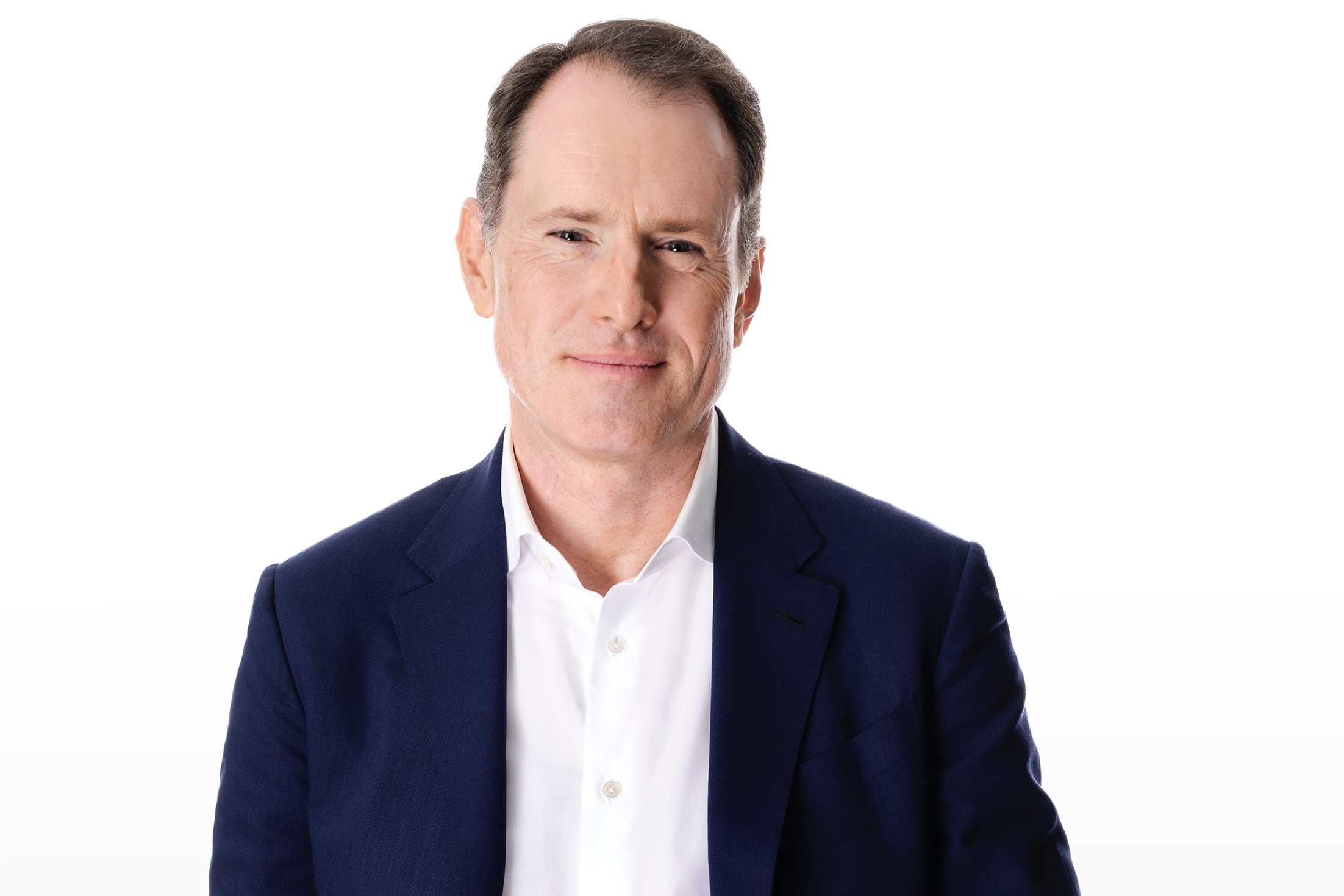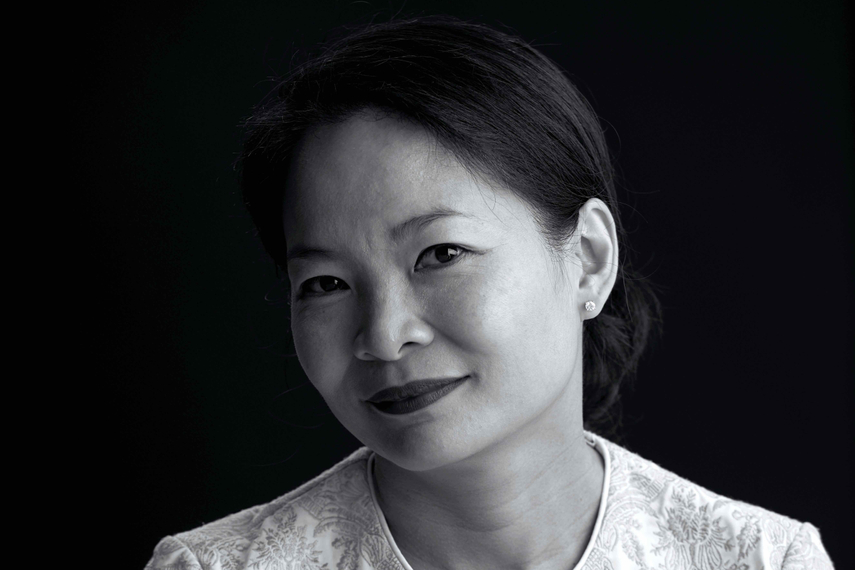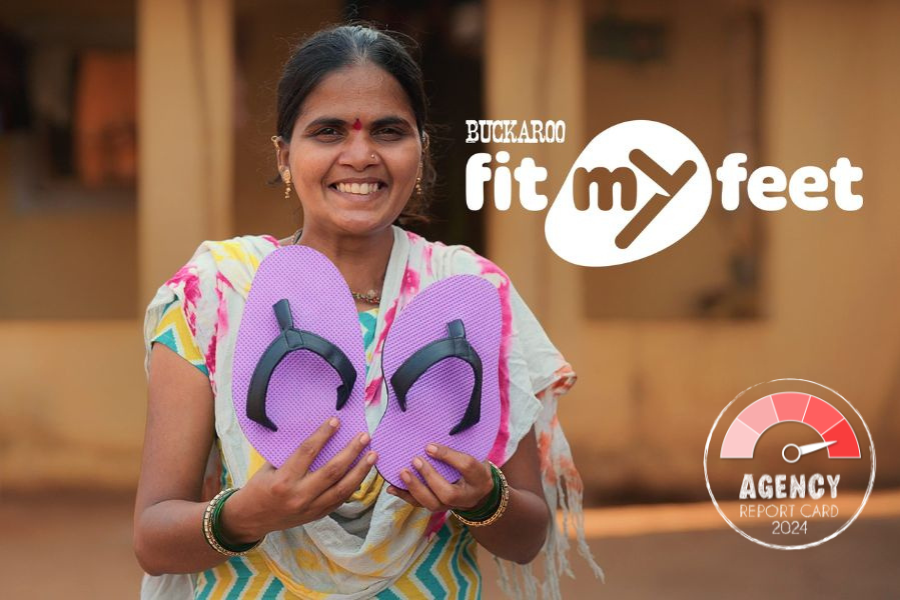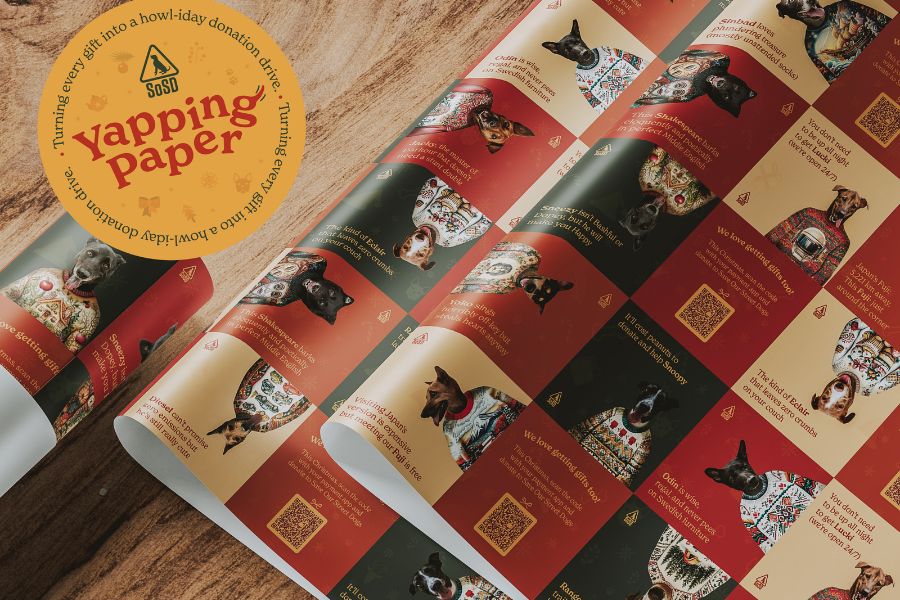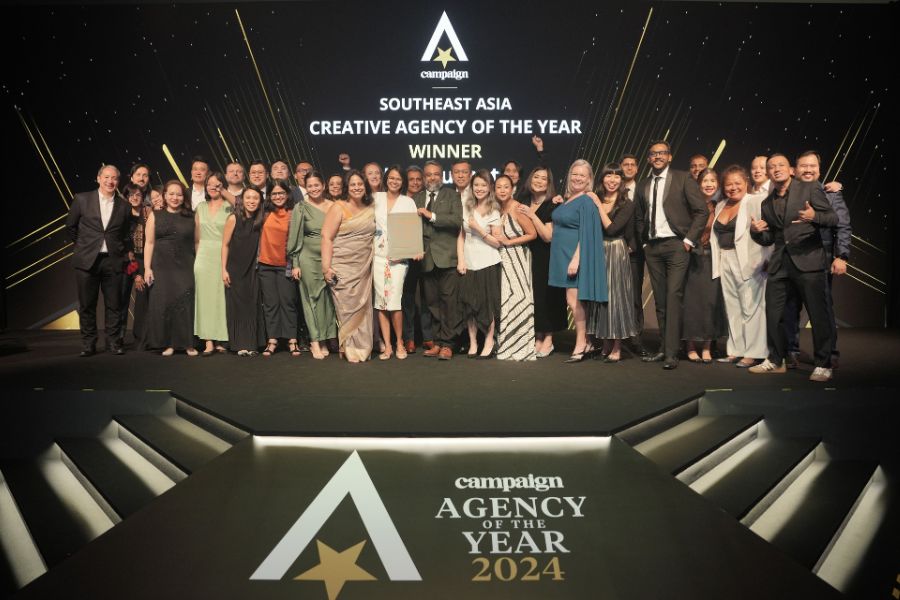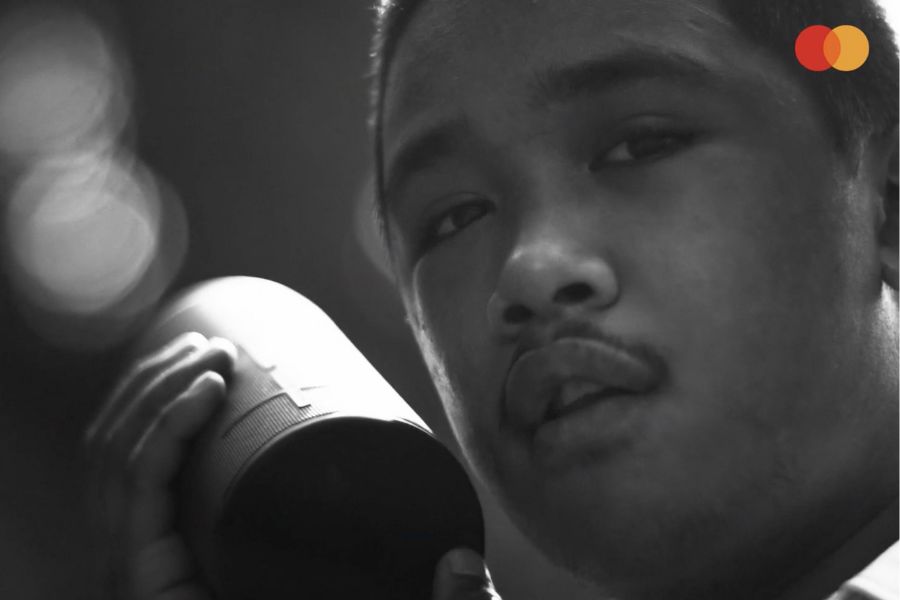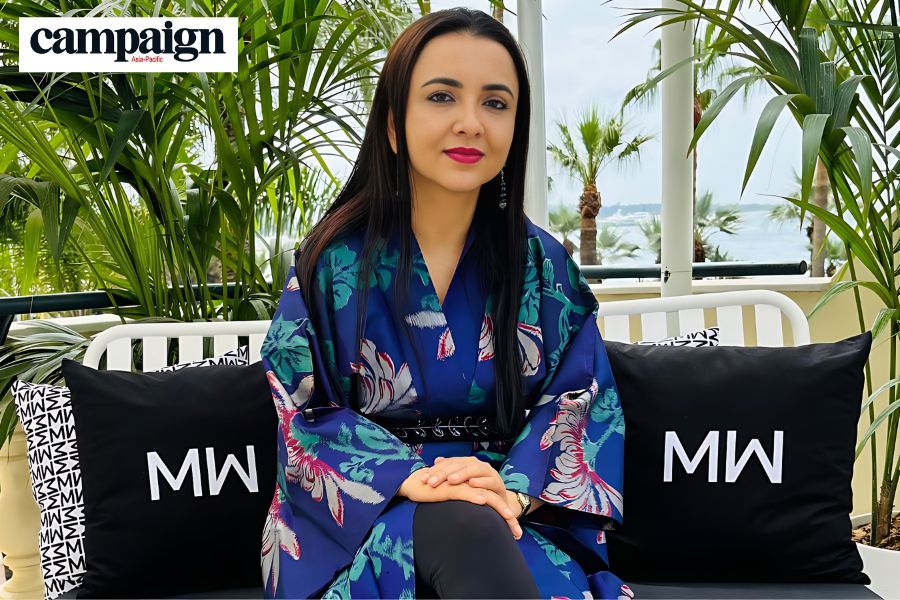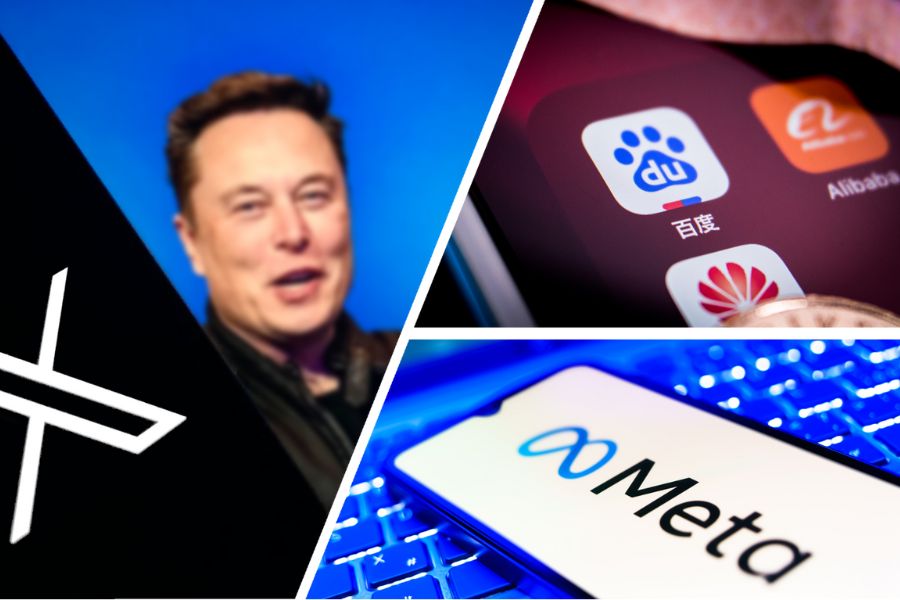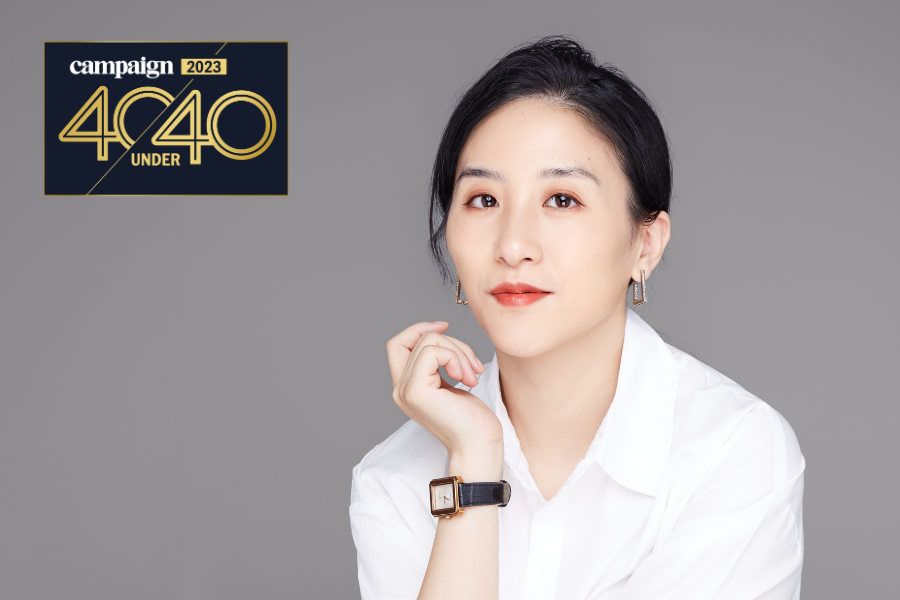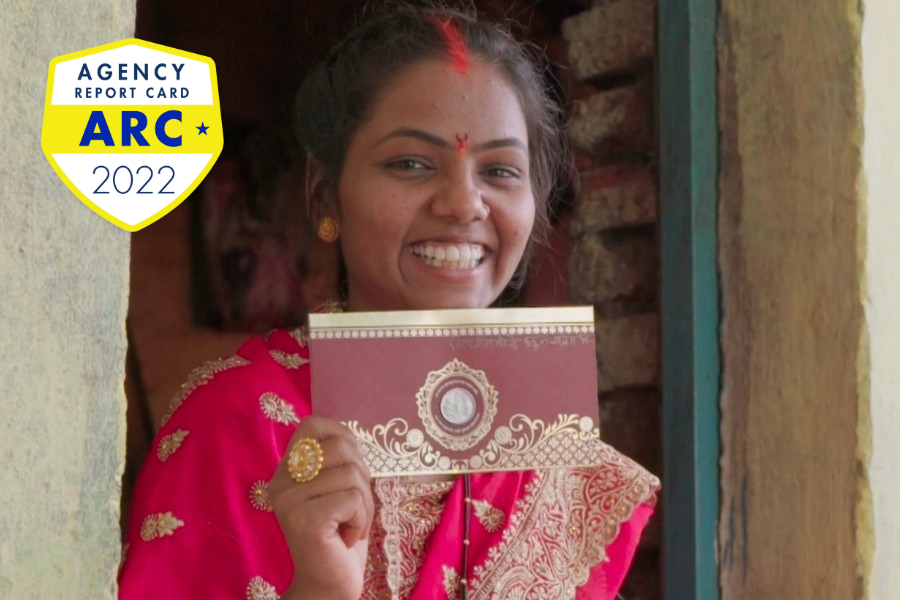It’s been a year since Daryl Lee grabbed the reins to lead McCann Worldgroup, which includes oversight of a much-loved 120-year-old creative brand in McCann, alongside digital agency MRM, production company Craft and brand consultancy FutureBrand. While the long-serving IPG executive spent nearly three years in global roles at McCann Erickson in the early 2010s, most of his career has been with media agencies, including the past decade as global CEO of UM, and then IPG Mediabrands, based in New York.
What he immediately experienced in making the shift, he says, was feeling the incredible “emotional intensity” around the McCann brand from inside and out of the agency, which he describes as “humbling” and a “great responsibility.”
Fortunately for him, he’s been able to preside over the business in a year that saw McCann Worldgroup more than double its creative wins at Cannes Lions to 55 awards, including no less than three Grand Prix and a Titanium. While Cannes admittedly proved to be a lot more fun for him as a creative agency CEO than a media chief, the award successes now appear to have focused him on deriving more for the business from its transformative creative output.
So, is McCann on the verge of a new creative renaissance? And can more of the technology-related business growth enjoyed by media agencies rub off on how it, as a creative agency, operates with brands?
“I think that we're at a point where we are required to be truly agnostic about how we build brands,” Lee says. My experience in the media world was that we actually no longer were doing media. We were building and engaging audiences which was really audience planning. I think the opportunity to expand all the flavours of creativity to build stories for audiences wherever they are, however they want to participate, could not be bigger.”
Valuing creative
Even though brands have a greater need now for new forms of creativity than ever before, Lee is acutely aware that this hasn’t translated into a windfall for those making the best work.
“I’m energized and surprised by how we are still struggling as an industry to value creativity and the commercial value of an idea,” he says. “On the agency side, we give away ideas too freely.”
Lee is perplexed, for instance, at how often creative agencies give away great product ideas as a “lucky extra” just so a brand will continue to commission advertising with them. “We should charge clients for them because they’re really going to drive their businesses in a way that advertising does too,” he says.
Doing so requires both more confidence and a mindset shift to recognise that creative agencies are in the business of creativity rather than commercials, Lee adds, which means that product designs, curated experiences, co-creations with influencers or movie concepts all become part of their collective service set.
Lee also feels that creative agencies can take back more business around predictive measurement of brand performance.
“Because media took so much of the lead on data and analytics, creative agencies have ceded some of the capability around measuring the performance of a brand and forecasting the economic impact of brand creative activities,” the ex-media chief notes. “I think we will get better and more proactive at forecasting the predicted value of this brand activity and have the conversation around the performance of marketing from an ROI perspective be as driven by a creative agency perspective as it is currently by the media agency.”

The inspiration for such a shift, interestingly enough, might come from the past as much as the future, since McCann was a pioneer agency when it came to research and statistics. Shortly after becoming CEO in 2022, Lee was sent a copy of an old white paper entitled the ‘McCann Sales Index’ that dated back nearly 80 years.
“In the 1940s there was a methodology at McCann to say when you launch this advertising campaign, we think your sales index will rise by X percent which was a forecast on the economic impact of an idea,” Lee explains. “I think we need to get back to that. When we come up with ideas and say this idea is going to be better for you than that one, it should be because it is evocative, tells truth in the most compelling way and will be an enduring brand platform so that your return on investment over the next one, two or five years will be X percent.”
As evidence, Lee points to available data from brands like L’Oreal Paris and Mastercard who have harnessed McCann’s big creative ideas to marked benefit of brand value and stock prices.
Enter AI
Perhaps a great leveller between media and creative worlds is the widening of data capabilities and applications through artificial intelligence (AI). McCann already uses generative AI across the agency for research in its Truth Central intelligence unit, and more widely, in creative production. Lee says it’s been especially useful as a tool to remove the worst ideas and concepts quickly, but also increasingly to make ideas bigger and more powerful.
Here, Lee points to their recently awarded work for Bimbo, the largest maker of hot dog and hamburger buns in Mexico, which used generative AI to develop individualised branded posters and digital signage for more than 42,000 hot dog and hamburger street vendors based on their specialities and styles for those that couldn’t afford marketing to compete with fast food chains.
Where Lee would like to see AI applied more widely is in pre-testing the work to break through production bottlenecks with more concepts at once, so that the work done in identifying truths and developing a big idea around a brief isn’t all scrapped if the testing of that idea doesn’t pan out later.
While there is already much more automation in the creative process, Lee points out that there is far more content to produce now, which is why he remains confident that Gen AI will only enhance jobs instead of taking them away. Still, there are skeptics across the agency, he admits, alongside enthusiasts like MRM chief creative officer Ronald Ng, who have embraced AI as a true creative co-pilot.
Creative Commerce
One of the areas where he expects more creative growth to come from is in the area of commerce. Between the metaverse, more sophisticated AR and super app environments, Lee believes we now have really advanced ecommerce platforms to work and play with.
"We often think people act super rational [on platforms], concerned with finding their product and getting out. But actually, as we know from retail in-store experiences, the store can be the place of the most exciting storytelling. You can buy the very expensive pair of shoes you didn’t need to while shopping for socks because of the in-store storytelling. So, there’s a huge opportunity in bringing the same level of creativity to commerce,” Lee says.
Last October, IPG bought Rafter One, a US-based company with a big footprint in India that now is part of MWG and works closely with digital agency MRM to build commerce solutions for clients using Salesforce Cloud computing. But what really fuels these marketing solutions, Lee points out, is the creativity going into them.
Here, Lee is looking to creative leaders from Asia for guidance, like Ng and McCann’s new APAC CCO Valerie Madon, who joined in May. While McCann’s top priority is still to land an anchor Asian brand to go global from the region (Air India was a nice start), sharing their advanced ecommerce practices with other less commercially creative parts of the globe is another ambition.
The purpose purpose
Yet for all the talk of technology applications, AI and performance, Lee maintains that creative success continues to be most deeply rooted in brand purpose.
“Purpose is not a fad,” says Lee. “Purpose is the embedded behaviour of all brands in the 21st Century and the deeper the purpose, the better.”
Indeed, at the festival, McCann’s big wins, and those of nearly all Grand Prix winners were centered on brand purpose. The ‘Where to Settle’ project for Mastercard from McCann Poland and McCann New York that extended economic accessibility to help Ukranian refugees in Poland find a viable place to live won a Titanium, Grand Prix and two Gold Lions.
ADLaM, a project from McCann New York and Microsoft to develop the written form of a West African language without an alphabet for 60 million people, won two Grand Prix in Design and Creative Business Transformation.
Brands like Maybelline, which won their first ever Lion with McCann Melbourne (a Silver), did so with a powerful campaign highlighting the harassment experienced by female gamers online.
Although there had been significant debate in Cannes about ensuring that purpose does not eclipse product and sales, the issue was put to bed in Lee’s mind.
“I was always on the side of resolving it in favour of purpose,” says Lee. “It’s clear to me that you can only build brands and sell products through a credible, authentic commitment to a purpose that matches your product category,” he says. “It’s always purpose plus product.”

